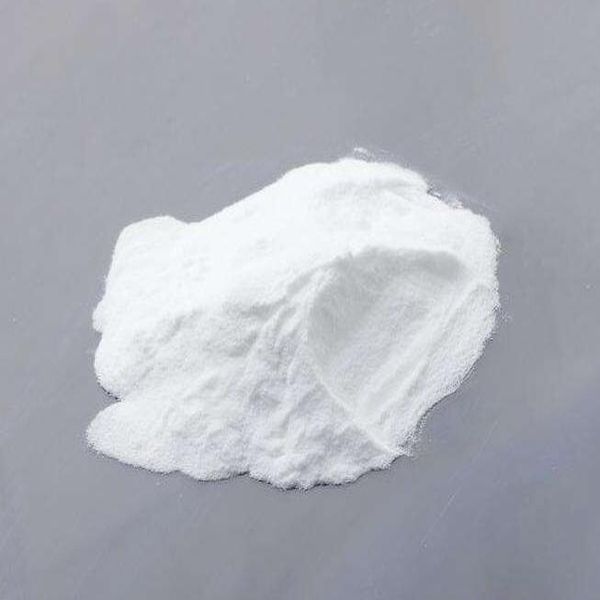Diclofenac Sodium anti-inflammatory analgesic drug used to reduce inflammatory pain
Diclofenac sodium is a non-steroidal anti-inflammatory analgesic. It mainly inhibits the metabolism of arachidonic acid by inhibiting cyclooxygenase, thereby reducing prostaglandin synthesis and platelet production, and inhibiting lipoxygenase to a certain extent While reducing the production of leukotrienes, bradykinin and other products, especially the inhibition of leukotriene B4 is more obvious, by inhibiting these inflammatory factors to play an antipyretic and analgesic effect. The mechanism of diclofenac sodium in the treatment of neuropathic pain is to reduce the production of prostaglandins by inhibiting the highly expressed cyclooxygenase activity in the injured nerve and spinal cord, so that the substance P (SP) in the dorsal root ganglion and superficial dorsal horn 1. The expression of calcitonin gene-related peptide (CGRP) is reduced accordingly, and then exerts analgesic effect.
Clinically used to reduce inflammation pain, such as rheumatoid arthritis, osteoarthritis, ankylosing spondylitis, frozen shoulder, bursitis, tendon and tenosynovitis, lumbar spine pain, sprain, strain and other soft tissue injuries. It can also be used for pain caused by acute gout, headache, nerves and tumors, and it is also effective for dysmenorrhea, toothache and postoperative pain.
Fetal teratogenicity studies revealed that although diclofenac sodium has a certain teratogenic effect on the development of the embryo, from the perspective of the entire embryonic development process, it does not affect the normal growth of the embryo. It can be seen that although diclofenac sodium has certain damage to animal embryos, it has no teratogenic effect.
Adverse reactions
1. Gastrointestinal reactions: common gastrointestinal discomfort, nausea, vomiting, stomach pain, etc., gastrointestinal ulcers or gastrointestinal bleeding are occasionally reported.
2. Other reactions: Itching, edema, rash, headache, dizziness, drowsiness, jaundice and other adverse reactions may occur.
3. Use with caution in patients with liver and kidney damage, ulcer disease, hypertension, and heart disease. The first 3 months of pregnancy and patients who have asthma, urticaria or other allergic reactions to aspirin or other non-steroidal anti-inflammatory drugs are prohibited.
